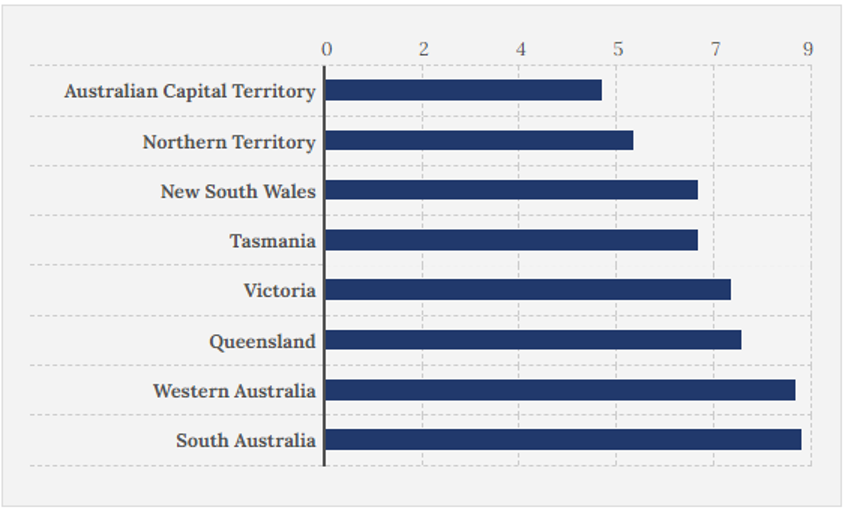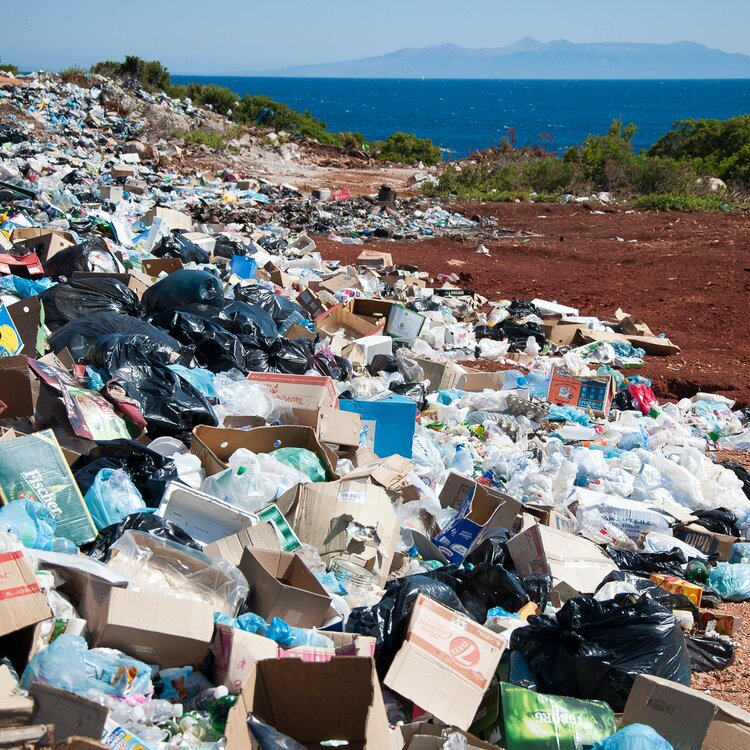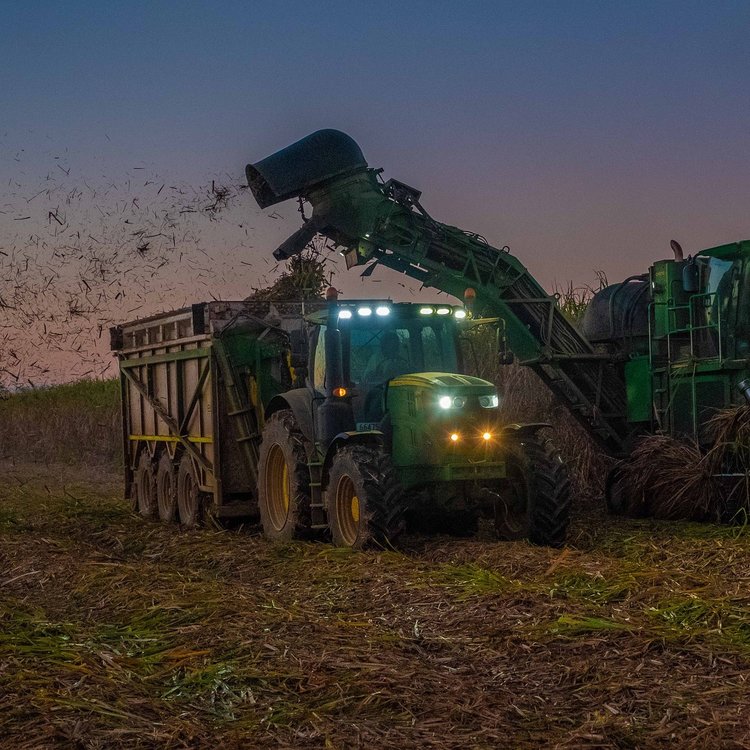CPT – Carriage Paid To (Named Place) Incoterms® 2020
Article 6 in our series of Incoterms® 2020 – In each article we will identify the responsibilities of the seller and buyer in the transaction at different points in the shipping journey.
What are Incoterms® used for?
Incoterms® are primarily used for determining how the sale of equipment for delivery across international boundaries will be handled and who will pay for what in the transaction. They will not address the consequences of a breach of contract or exemptions of liability. Incoterms® relate to the terms between the exporter and importer.
Incoterms® cover the following broad points:
- Delivery -Incoterms® 2020 specify when seller delivers to buyer
- Risk – Incoterms® 2020 specify when risk transfers from seller to buyer. Risk passes from seller to buyer when seller has fulfilled his obligation to deliver the goods
- Costs – Responsibility of costs passes from seller to buyer at a point up to which the seller is obliged to pay transport (and insurance) costs
Our fifth Incoterm® is CPT – Carriage Paid To (Named Place)
CPT can be used in any transport mode, and the risk transfers from the seller to the buyer as soon as the goods reach the nominated named place/destination and the carrier takes charge of these.
Under the Incoterms® 2020 rules, the CPT rule requires the seller to deliver the goods to its carrier but does not indicate whether that is either at the seller’s premises loaded onto the collecting vehicle or delivered to another premises not unloaded from the seller’s vehicle. The seller must carry out any export formalities and the buyer carries out any import formalities. It is the seller’s responsibility to contract for carriage and of course the cost of that will be built into the selling price. Like FCA, the risk transfers to the buyer immediately when delivery has been made, This rule works well for land transport within the Europe/Central Asia landmass, because often the truck collecting the goods will be the one transporting the goods to the destination.
Quick overview
What are the seller’s obligations?
- Seller provides commercial invoice and other required documents in paper or electronic form.
- Seller is responsible for delivery of goods to the carrier at the place of delivery on the agreed date or within the agreed period.
- Seller is responsible for damage or loss of goods until they are handed over to the carrier at the named point and within the specified time.
- Seller has to contract or organize the transport of goods to the named place of destination. If such a place does not exist, the seller can choose the point that best suits this purpose.
- One of the seller obligations is operating according to all transport-related security requirements for transport to the destination.
- Seller has to carry out and pay for export clearance, as well as assisting the buyer with correct information/paperwork for buyer to do import clearance.
- Seller counts and weigh goods and, if required, packs the goods at its own expense.
- Seller informs the buyer about the delivery of goods to the carrier and provides the buyer with documents authorizing the buyer to take over the goods.
- The seller is not obliged to make a contract of insurance but must provide information for this purpose at the buyer’s request.
What are the buyer’s obligations?
- Buyer takes up the delivery of the goods.
- He takes responsibility for damage or loss of goods from the time they have been handed over to the carrier.
- Buyer accepts documents provided by the seller.
- Buyer has to carry out and pay for import clearance, as well as assist the seller with information if required for export clearance.
- Buyer informs the seller about the place and date of delivery.
- The buyer is not obliged to make a contract of carriage.
- The buyer is not obliged to make a contract of insurance.
Delivery of goods
If the CPT Incoterms® rule is applied, the seller must contract for the carriage of the goods and hand them over to the carrier. At this point, the risk passes to the buyer.
Insurance of goods on the terms of Incoterms® 2020 CPT
The involved parties are not required to make a contract of insurance, but it is recommended.
Incoterms 2020 CPT in transport
CPT Incoterms can be used for any mode of transport as well as for multimodal transport.
CPT and other Incoterms rules
Compared to EXW, with the CPT rule, the seller at his expense at the request of the buyer provides him with transport documents, and the buyer is not obliged to contract for the carriage of the goods. Unlike the rule CIP, the buyer does not have to, at the request of the seller, provide the information and documents needed for obtaining insurance.
In comparison with the Incoterms® 2010, for CPT 2020 the seller is not obliged to provide information at the buyer’s request for obtaining insurance.
_________________________________________________________________________
Carriage Paid To Incoterms 2020 Rule – Key Changes & Updates
The CPT rule has two important places, the place of delivery in the seller’s country and the destination to where the seller contracts the carriage. It is important to not confuse the two.
Despite being recommended in place of CFR for cross-ocean container shipments this rule in practice is largely unworkable for them. This is because in such shipments the buyer wants to only take on the risk of damage or loss of the goods when they have actually been exported. Initially the buyer is not only unaware of when or where delivery has occurred but also to whom, as it will be the seller’s carrier. They do not want to be faced with any possibilities of having to deal with any problems whatsoever in the exporting country. The seller has no obligation to put the goods on board a ship by a given date, but as it is using its own contracted carrier it should be easily able to obtain an on- board bill of lading.
Important note: Even though the carriage may be paid to a final overseas destination the place of delivery risk transfer will be in the exporter’s country.











